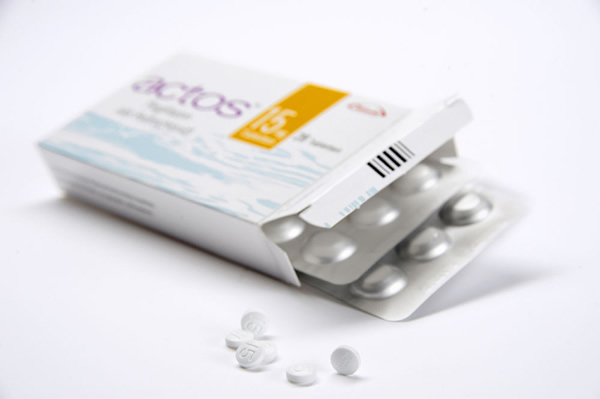
Two forms of diabetes medication may reduce risk of developing Parkinson’s disease, according to a new study.
Researchers analyzed data on more than 160,000 diabetes patients in the U.K. and found that patients who took rosiglitazone or pioglitazone had a 28% lower chance of developing Parkinson’s than their counterparts who took other diabetes medication, according to the study, published in the journal PLOS Medicine. The drugs were originally developed by GlaxoSmithKline and Takeda, respectively, but they are now off patent.
The research does not suggest that people with Parkinson’s take the diabetes drugs directly. Rather, the findings offer hope for future Parkinson’s research.
“We often hear about negative side effects associated with medications, but sometimes there can also be unintended beneficial effects,” senior researcher Ian Douglas from the London School of Hygiene & Tropical Medicine told Reuters.
More Must-Reads from TIME
- Why Trump’s Message Worked on Latino Men
- What Trump’s Win Could Mean for Housing
- The 100 Must-Read Books of 2024
- Sleep Doctors Share the 1 Tip That’s Changed Their Lives
- Column: Let’s Bring Back Romance
- What It’s Like to Have Long COVID As a Kid
- FX’s Say Nothing Is the Must-Watch Political Thriller of 2024
- Merle Bombardieri Is Helping People Make the Baby Decision
Write to Justin Worland at justin.worland@time.com